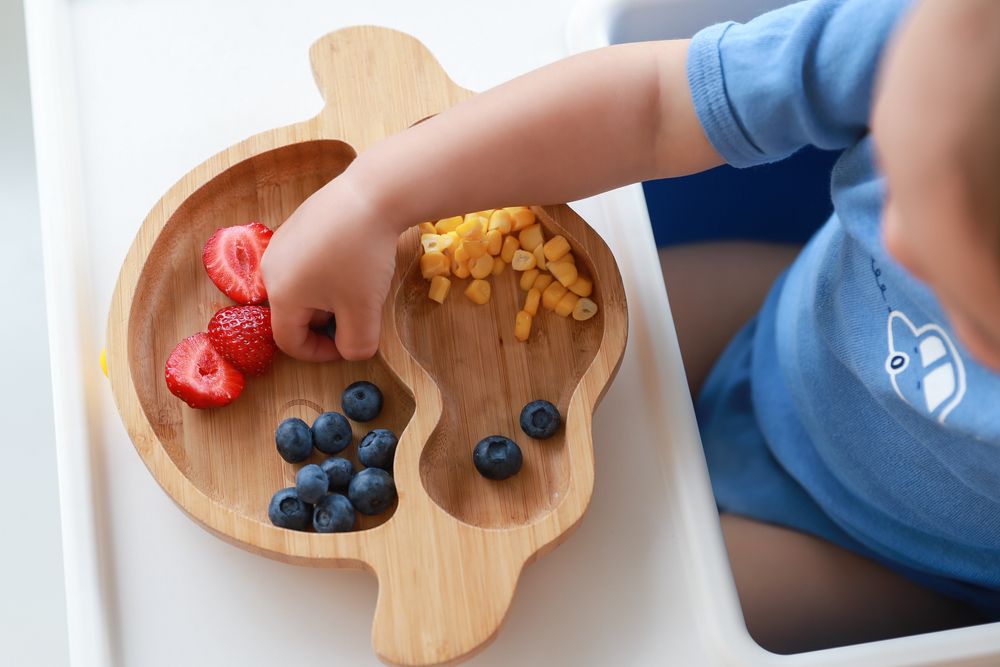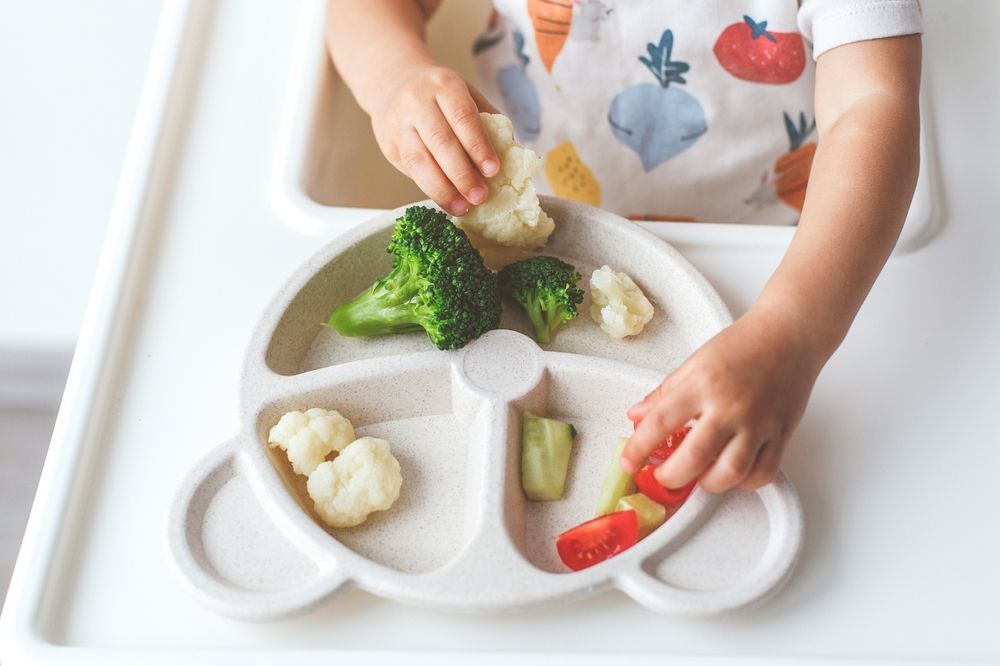
The Connection Between Occupational Therapy and Academic Success
When parents think of academic success, their thoughts often turn to subjects like reading, writing, and math. However, the skills required for success in school go far beyond these basics. Children need to develop fine

The Role of Parents in Pediatric Physical Therapy
Pediatric physical therapy plays a vital role in helping children develop the strength, coordination, and motor skills they need to thrive in their daily lives. Whether addressing developmental delays, recovering from injuries, or managing chronic

How To Use Everyday Activities for Occupational Therapy
Occupational therapy (OT) helps children develop the skills they need to navigate daily life successfully, whether it’s improving motor skills, enhancing sensory processing, or building social and emotional regulation. While sessions with an occupational therapist

How Occupational Therapy Supports Emotional Regulation in Children
Parenting a child who struggles with emotional regulation can be both challenging and heartbreaking. Emotional regulation—the ability to manage and respond to emotions appropriately—is a vital skill that children develop over time. However, some children

The Role of Occupational Therapy in Managing ADHD
Attention Deficit Hyperactivity Disorder (ADHD) is one of the most common neurodevelopmental conditions in children, affecting their ability to focus, regulate emotions, and manage impulsive behavior. For parents navigating the challenges of raising a child

How to Encourage Physical Activity in Children with Mobility Issues
Physical activity is an essential part of every child’s development, promoting physical health, mental well-being, and social engagement. For children with mobility issues, participating in physical activities may present unique challenges, but with the right

How to Transition From Tube to Oral Feeding
For families of children who rely on tube feeding, the prospect of transitioning to oral feeding can be both exciting and daunting. While tube feeding provides essential nutrition, many parents hope for their child to

The Role of Pediatric Physical Therapy in Early Intervention
As parents, watching your child grow and reach new developmental milestones is one of life’s greatest joys. However, not all children develop at the same pace, and some may face challenges that make achieving certain

How to Deal with Food Refusal and Selectivity
Mealtime can be one of the most challenging parts of the day for parents of children who refuse or are highly selective about what they eat. Whether it’s refusing to try anything new, insisting on

Adaptive Sports and Activities for Children with Physical Challenges
For children with physical challenges, sports and recreational activities are more than just a way to stay active—they’re opportunities for personal growth, social interaction, and self-confidence building. Adaptive sports and activities are specially designed to

The Impact of Feeding Therapy on Family Mealtimes
For many families, mealtime is more than just eating—it’s a time to connect, share stories, and build memories together. But when a child struggles with eating due to feeding challenges, mealtimes can become stressful for

Preparing for Your Child’s First Feeding Therapy Session
Feeding challenges can be stressful for both children and their parents. Whether your child struggles with picky eating, sensory aversions, or difficulty swallowing, feeding therapy can offer a structured approach to help them develop a

The Role of Play in Speech Therapy: How Play Enhances Communication Skills
For many parents, hearing their child’s first words is a joyous milestone. But for some children, speech and language development may not follow the typical trajectory, and this can cause concern. Speech therapy offers valuable

The Impact of Physical Therapy on Gross Motor Skill Development: A Guide for Parents
As children grow and develop, mastering gross motor skills is essential for their physical independence and overall well-being. Gross motor skills involve the large muscles in the body and are necessary for activities such as

Identifying Food Allergies and Intolerances in Children: A Guide for Parents
As a parent, ensuring your child’s health and well-being is a top priority. One area that can cause concern is the possibility of food allergies or intolerances. Understanding the differences between the two, recognizing the

Understanding the Role of Occupational Therapy in Autism
Navigating the world with autism can present unique challenges for children and their families. As a parent, you may be seeking ways to support your child’s development and help them thrive in daily life. Occupational

Using Technology and Apps in Occupational Therapy: Empowering Children and Supporting Parents
In today’s digital age, technology has become an integral part of our daily lives, influencing how we learn, communicate, and interact with the world around us. For children undergoing occupational therapy, technology and apps offer

The Importance of Early Speech and Language Intervention
As parents, we eagerly anticipate our child’s first words and the delightful conversations that follow. Communication is a fundamental aspect of a child’s development, influencing social interactions, learning, and emotional growth. However, some children may

How to Create a Sensory-Friendly Eating Environment
Mealtime can be a challenging experience for children with sensory processing difficulties. Bright lights, strong smells, unfamiliar textures, and loud noises can overwhelm their senses, leading to stress and food aversions. Creating a sensory-friendly eating

The Connection Between Feeding Therapy and Speech Development
Feeding and speech are two fundamental aspects of a child’s development that are closely interconnected. While they may seem like separate functions, both rely on the coordination of similar muscles and sensory systems within the




